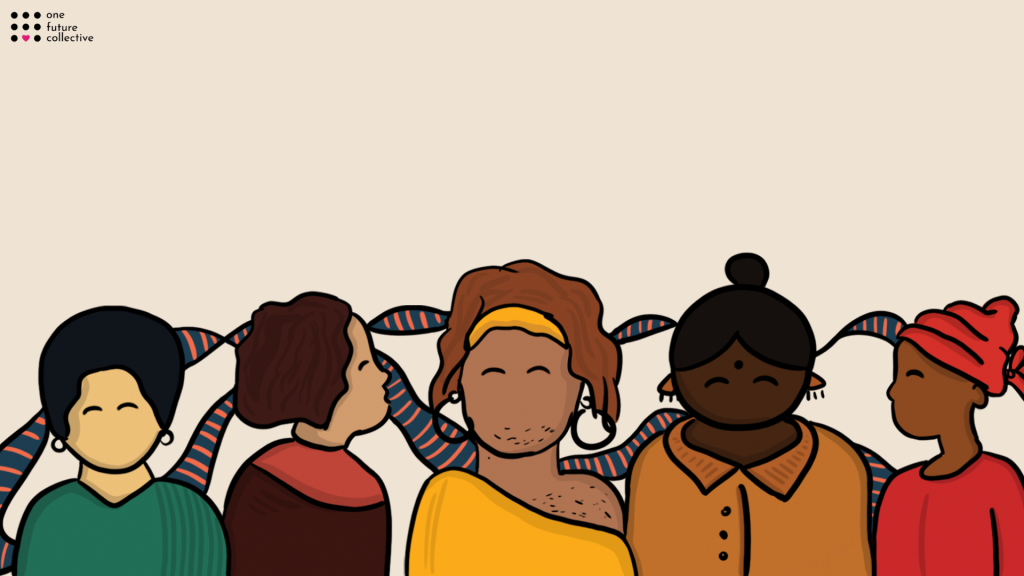8 March 2019, Mumbai: This International Women’s Day, One Future Collective attended an event by None in Three Global Research Centre, a transnational research project looking at pro-social interventions in schools, in the form of a video game, to help nurture a new generation of students with gender egalitarian thoughts.
It is estimated that one in three women in the world face gender-based violence every single day. And to turn that statistic into “None in Three”, four countries (UK, India, Uganda, and Jamaica) have come together to engage with students and other stakeholders to eradicate this once and for all.
As part of a week long summit by None in Three in India, I attended an event on Understanding Gender Bias in the Legal System with Advocate Veena Gowda as the keynote speaker. Veena spoke about the insidious ways in which gender plays a role even when individuals are trying to access justice through the state system. In a country where a women’s identity itself is undermined, she said, how could we expect fairness within its systems and institutions.
Veena touched on a number of interesting points through her talk. Of particular note was her view that, despite the rhetoric and even the laws that have been passed in the name of gender equality or women’s rights, we were still dealing with a state that saw itself as the protectors of women and this showed in its paternalistic stance in the courtroom and in the policy room. Even those laws that are supposed to espouse gender equality do the exact opposite by positioning women as weak and in need of protection. As an example, she mentioned the recent case of the Kerala High Court nullifying Hadiya’s marriage to a Muslim man and handing her, a 24-year-old adult, to the protective custody of her parents.
Veena further spoke about how, even where we have good legislation, the courts are often quick to weaken it due to their own implicit gender biases. By way of example, she mentioned the Mahmood Farooqui v. State of NCT of Delhi case where the judge weakened the definition of consent in one foul swoop, suggesting that in some circumstances, “a feeble no may mean a yes” especially “when parties are known to each other, … and if, in the past, there have been physical contacts”.
Finally, it was interesting that Veena spoke about who we constitute “a good victim” to be. She drew upon her own experiences with clients, mentioning how the more they deemed to stand up for themselves, the less those around them saw them as victims. This included those within the law enforcement and judicial systems. Unfortunately, it seems that just by virtue of a woman standing up for her rights, she is no longer seen as someone that requires support.
The event provided a snippet into what it means to be a woman engaging with the justice system in India, something that we, at One Future Collective are also looking to improve.
Nishma Jethwa is the Program Director, Feminist Justice at One Future Collective.
Featured image: None in Three Global Research Centre
